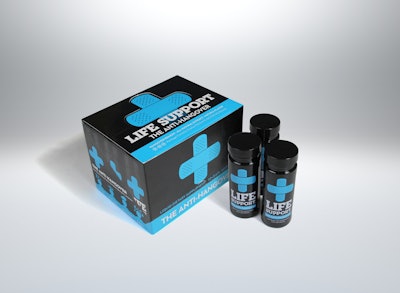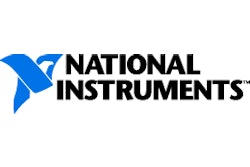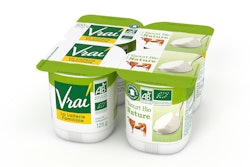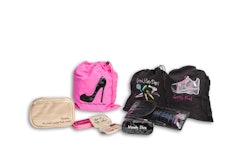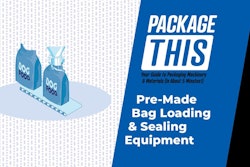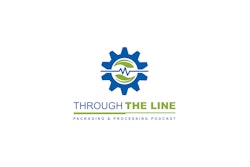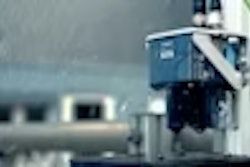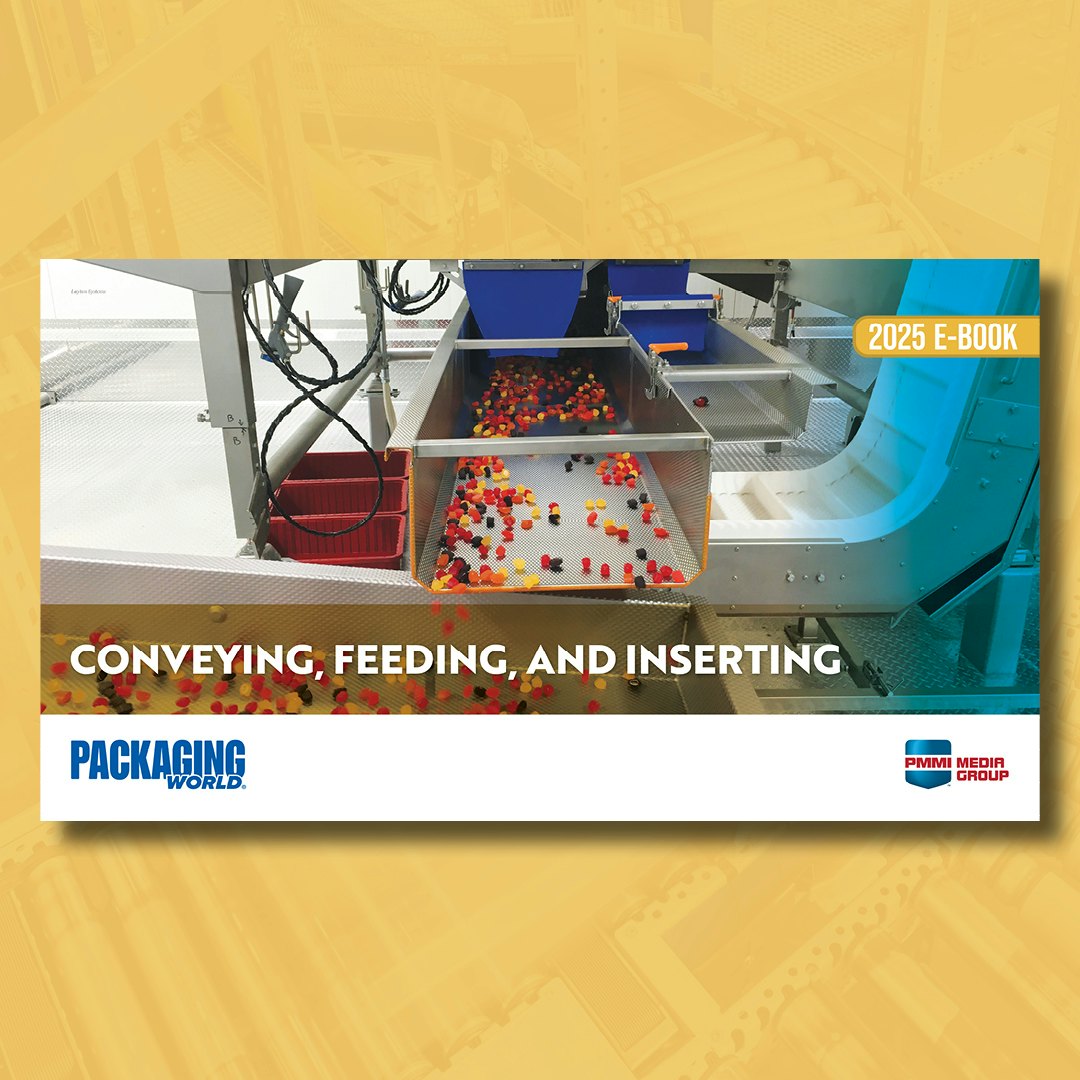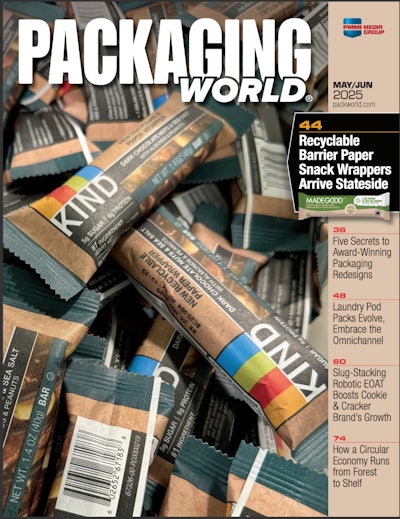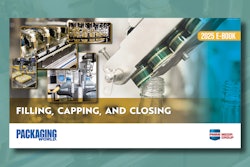Hangover remedy Life Support—“The Best Call at Last Call”—has recently undergone some significant packaging changes to allow for the growth of the all-natural beverage brand. Derived from a Japanese raisin-tree fruit, the 3.4-oz “shot” was introduced in 2012 to a target market of young working professionals as a remedy to alcohol intoxication and related withdrawal symptoms.
In its early days, Life Support was bottled in-house at the company’s Columbus, OH, facility, where the beverage was first rolled out. As distribution of the product grew to 500 retail locations across Ohio and as order sizes increased, Life Support realized it needed to find an outside packaging partner that would be willing to start small and grow with the company.
Finding a co-packer
“We talked to 30 contract packagers. After some initial discussions, they all said the same thing: ‘Call us when you get to one million units,’” recalls Director of Operations Jim Krueger. Jim and sister Cheryl Krueger, both formerly of Cheryl’s Cookies, invested in the company when it first launched.
In early 2015, however, Life Support found Case Mason, a contract packager eager to work with them. Says Jim Krueger, “They were a willing partner from our very first conversation.” The co-packer has been in contract manufacturing, packaging, sourcing and fulfillment since1974, and specializes in cosmetics, foods and spices as well as home, specialty and industrial products.
As part of the collaboration, Life Support shipped its existing bottling line to Case Mason, which incorporated segments of the line into its own operation. Initial production runs began shipping from Case Mason's Baltimore facility in June of 2015.
The two partners "worked virtually side-by-side" from the start, according to Jim Krueger, stressing the need for close co-pack relationships. “This is critical, especially when challenges come up. For instance, when we had a delay in the production of our new cap for the new plastic bottle, Case Mason developed an effective short-term solution, sourcing a temporary stock cap with a tamper-evident seal.”
Unlike his experience at Cheryl’s Cookies, which controlled in-house "virtually everything from ingredients to end customer," Life Support's outsourcing strategy lets the brand shift its strategy to focus on sales and marketing, according to Krueger; "As a result, the strength of our relationships with supply chain partners like Case Mason is critical to our success.”
That trust works both ways for Case Mason, which works with start-ups with market potential despite initial production runs as low as 10,000 units. According to Scott Miller, Chief Growth Officer for Case Mason, Life Support is "doing all the right things to facilitate smart growth....We view ourselves as the bridge for brands that need assistance at this critical juncture: just beyond initial start-up, and before mass production, typically the million units mark.”
The shift from glass to PET
At Case Mason’s facility, bottles of Life Support are filled on a four-head piston filler from National Instruments and capped using a KAPS-ALL Model E4 spindle capper. According to David Zamore, co-founder and Director of Technology for Life Support, the only new equipment required was a torque machine from Kinex Cappers. The line operates at speeds from 40 to 42 bottles/min, handling run lengths of approximately 12,000 units.
While making the shift to the new bottling line, Life Support also switched its packaging format from a glass bottle to a custom PET container designed by Zamore and Life Support co-founder and Director of Design Dillon Beck. “Plastic is more cost-effective,” explains Beck. “It is more efficient to ship, is made in the U.S., and allows us to be in concert venues, stadiums, cruise ships, etc.”
Supplied by Axium Plastics, the new bottle features a grip design on its sides, a bell shape on the bottom to give it a larger feel at retail, and a custom, acid-etched one-piece cap for added design real estate. Says Beck, “The custom shape is aesthetically pleasing and allows the bottle to have a wide-mouth opening to make consumption easier.”
The bottle uses a pressure-sensitive label screen-printed in two colors. Graphics comprise a black background with a large icon made up of two blue bandages in a cross shape. Beck says he designed the label to be easy to read, iconographic, and eye-catching for the consumer, while considering the ease of manufacturing on the production side.
The new package was launched at retail in December 2015 and has received “overwhelmingly positive” response from retailers and consumers alike, says Krueger. Life Support says it plans to expand distribution of the brand into West Virginia in the near future. And the outsourcing gamble has proven a win for both parties: Life Support is forecasting aggressive growth for 2016.
—Bob Sperber, Editor of Contract Packaging magazine, contributed to this story.
